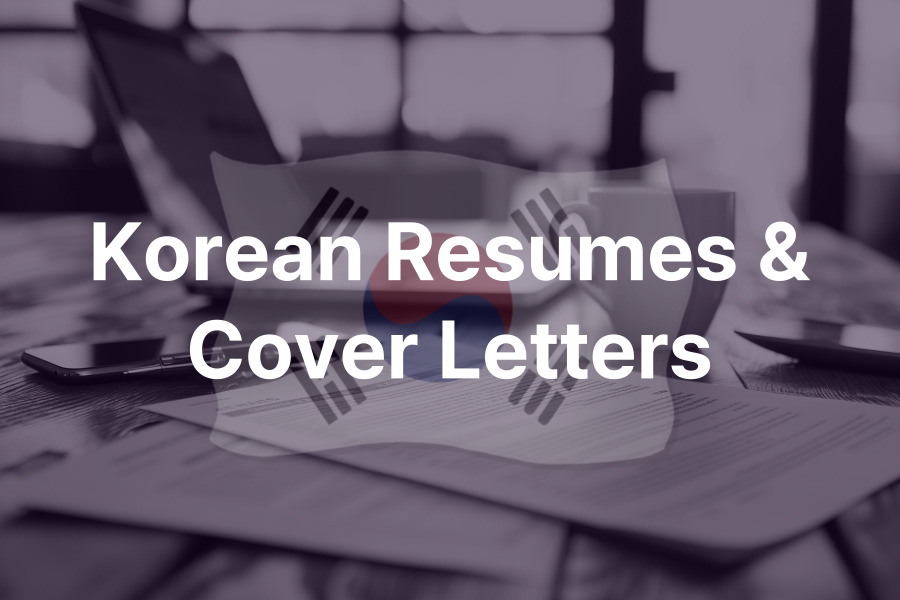
Understanding the standards and practices for Korean resumes and cover letters is crucial when looking for jobs in South Korea. These documents are essential for demonstrating your abilities, background, and suitability for a job. Let’s dive into the key elements and differences to help you create polished and successful application materials. 📄✨
Understanding Korean Resumes
You can see the documents here.
Standard Format
Korean resumes often adhere to a particular format. Start with a quality headshot of yourself, then include your name, contact information, and a succinct self-introduction. Include sections that highlight your education history, professional background, skills, certifications, and language proficiency. Always list your most recent experiences and qualifications first.
Concise and Well-Ordered
Korean resumes need to be clear and organized. Limit the length to one or two pages, and focus on relevant and useful content. Use bullet points to emphasize key achievements and responsibilities in your past jobs. Ensure your resume is easy to read and visually appealing by using distinct headings and a standard structure.
Importance of Academic Background
Academic accomplishments are highly valued in Korean resumes. Include details about your academic institutions, degree programs, majors, graduation dates, and any awards or honors received. If applicable, provide a brief description of your thesis or research. Highlight any prestigious programs or universities you have attended to stand out from other applicants.
Highlighting Work Experience
When describing your previous jobs, focus on your achievements and responsibilities in each role. Highlight any measurable accomplishments, projects you worked on, or results you produced. Use action verbs and specific examples to demonstrate your skills and the impact you had in your previous positions. Provide references from your former employers or supervisors if possible.
Indicating Language Proficiency
Fluency in the Korean language is highly valued in various job fields. Indicate your level of Korean proficiency, including native, fluent, intermediate, and basic. Include any language certifications, such as the TOPIK (Test of Proficiency in Korean) certificate, to attest to your proficiency in the language. 🏅
If you want to learn how to write a resume and cover letter in Korean and learn Korean interview skills, we recommend the following brands: Chapter Korean’s Business Korean Class
Crafting Effective Korean Cover Letters
Purpose and Importance
Korean cover letters, known as “자기소개서” (self-introduction letters), provide you the chance to go into more detail about your qualifications and explain why you are applying for a particular job. A well-written cover letter can complement your resume and make a strong impression on potential employers.
Structure and Content
Start with a polite salutation. Introduce yourself and explain your interest in the job and the company. Describe how your qualifications match the requirements of the role. Highlight specific experiences or skills that make you a good fit. Conclude with a polite closing, expressing your enthusiasm for the opportunity and your readiness to contribute to the company’s success.
Showing Enthusiasm and Fit
Show off your understanding of the business and express your excitement for helping it succeed. Mention any research you’ve done about the company and how it aligns with your career goals. Demonstrating genuine interest and knowledge about the company can set you apart from other candidates. 🌟
Key Differences Between Korean and Western Resumes & Cover Letters
Format and Structure
Korean resumes are typically more structured and follow a specific format. Western resumes might allow for more creativity and personal style, while Korean resumes emphasize uniformity and clarity.
Emphasis on Academic Achievements
Academic background is given more importance in Korean resumes compared to Western ones. Including detailed information about your education can significantly strengthen your application.
Length and Detail
Korean resumes and cover letters are generally more concise. It’s important to keep your documents short, focusing only on relevant and impactful information.
Cultural Considerations
Respect and professionalism are highly valued in Korean culture. Ensure your resume and cover letter reflect this through formal language and a respectful tone. Avoid overly casual language or expressions. 🙇♀️
Tips for Success
Customizing for Each Job
Tailor your resume and cover letter for each job application. Highlight the most relevant experiences and skills that match the job description. This shows employers that you’ve put effort into your application and are genuinely interested in the role.
Professional Tone and Language
Maintain a professional tone throughout your resume and cover letter. Use clear and concise language, and avoid slang or overly casual expressions. Ensure your documents are free of errors by proofreading them carefully.
Visual Appeal and Clarity
Make sure your resume is visually appealing and easy to read. Use a clean, professional layout with clear headings and bullet points. Avoid clutter and keep your design simple. A well-organized resume can make a strong first impression. 📑✨
Conclusion
Creating a well-designed Korean resume and cover letter is crucial for success in the South Korean job market. By following the suggested format, emphasizing your educational background and professional experience, highlighting language proficiency, and crafting an effective cover letter, you can present yourself as a strong and competitive applicant. Always remember to customize your application materials for each unique job opportunity and to maintain a respectful and professional tone. With these tips and pointers, you’ll be able to navigate the nuances of Korean resumes and cover letters and make a great impression on potential employers. Good luck! 🍀
If you want to learn how to write a resume and cover letter in Korean and learn Korean interview skills, we recommend the following brands: Chapter Korean’s Business Korean Class
Also, Download JAEM Korean app to learn Korean yourself!
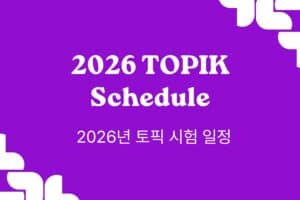
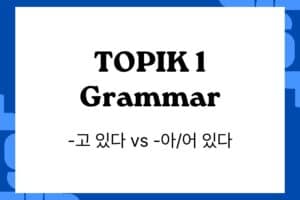
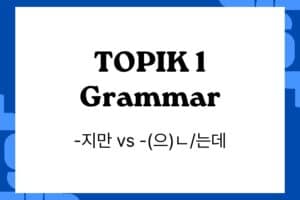
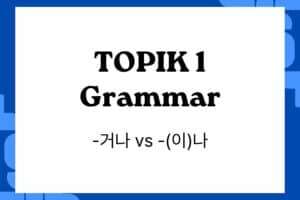
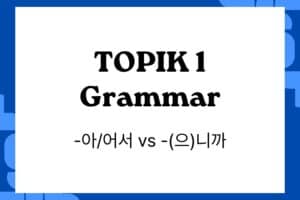
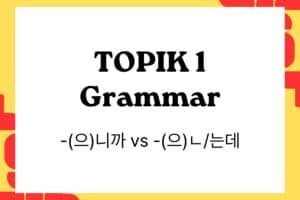
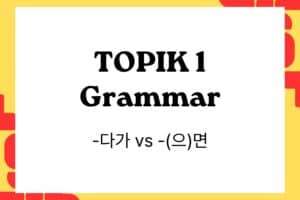
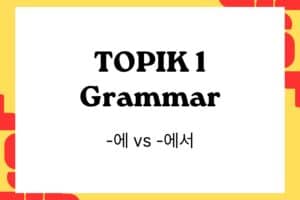
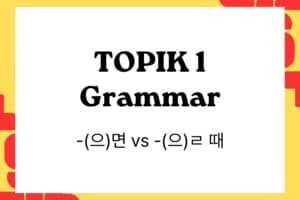
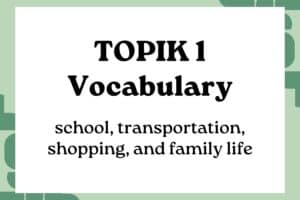
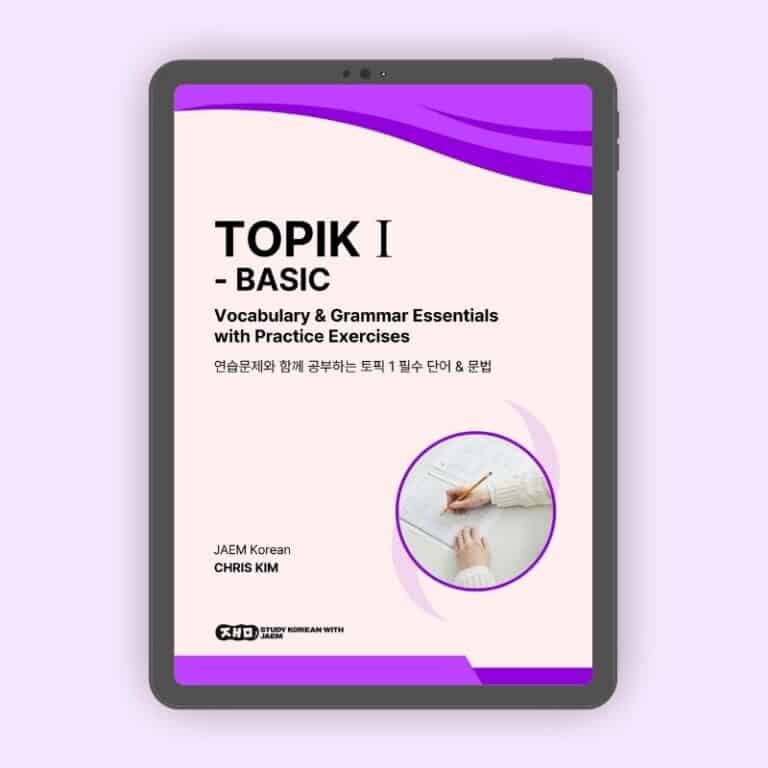
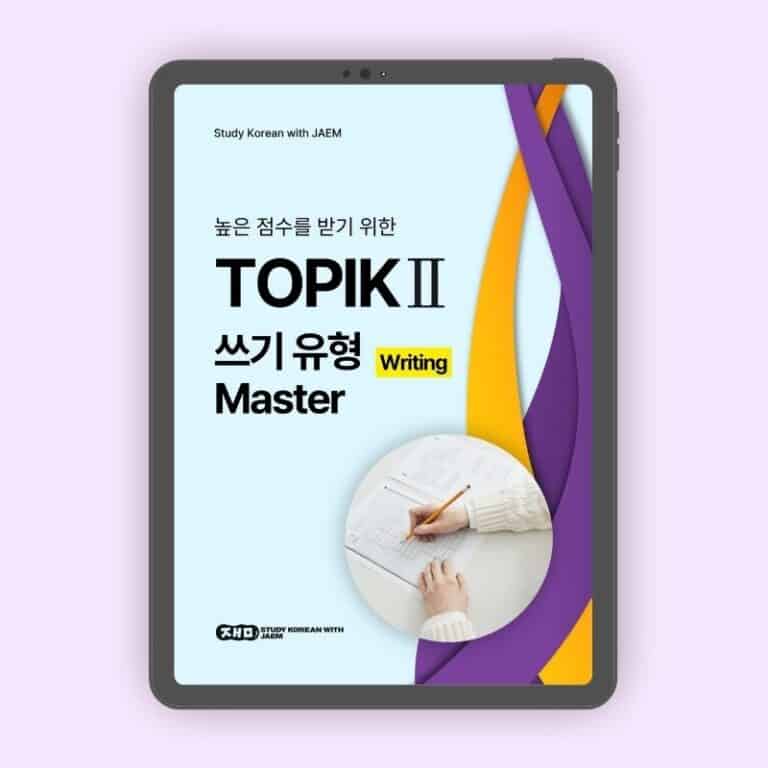
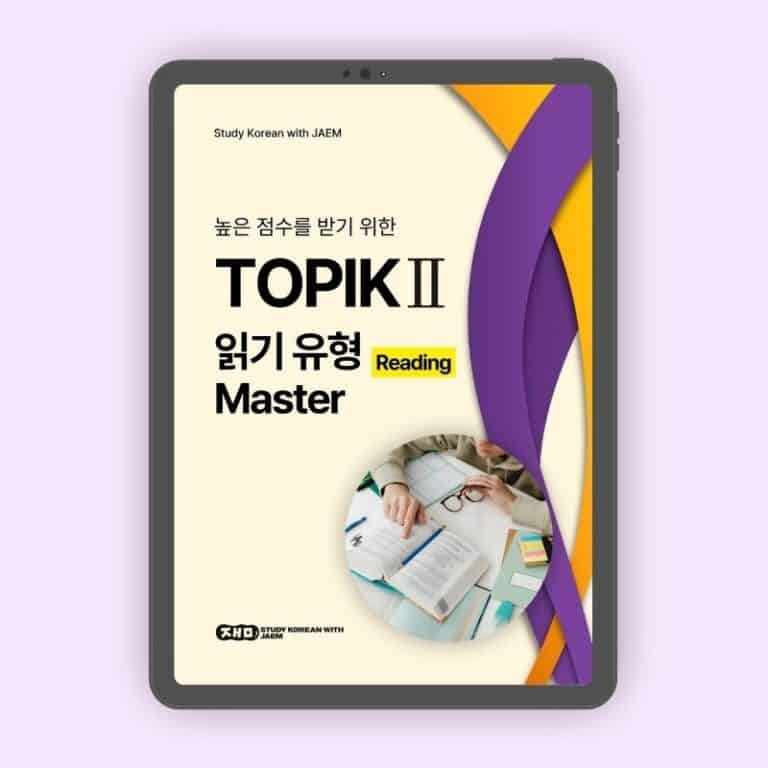
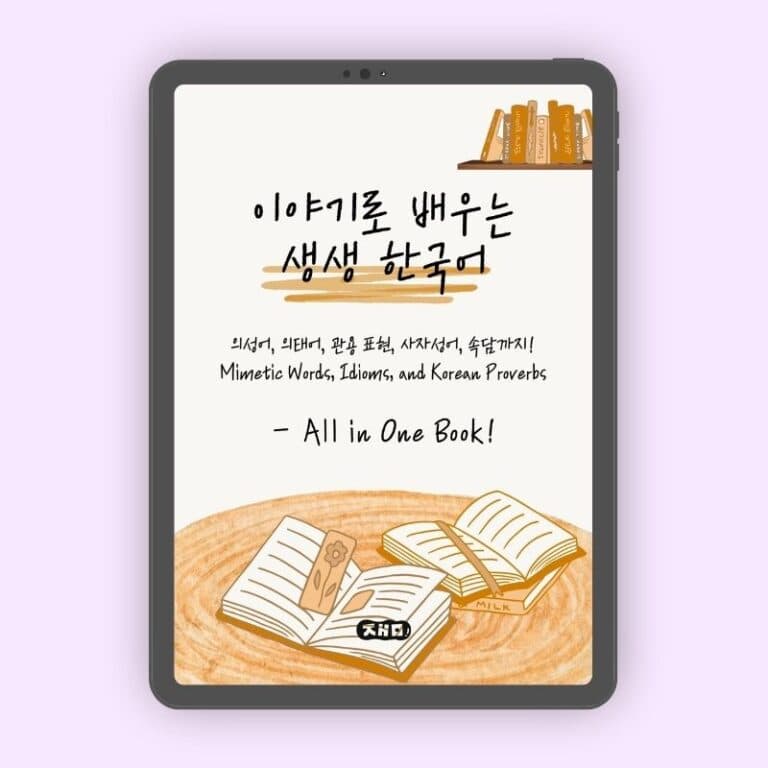
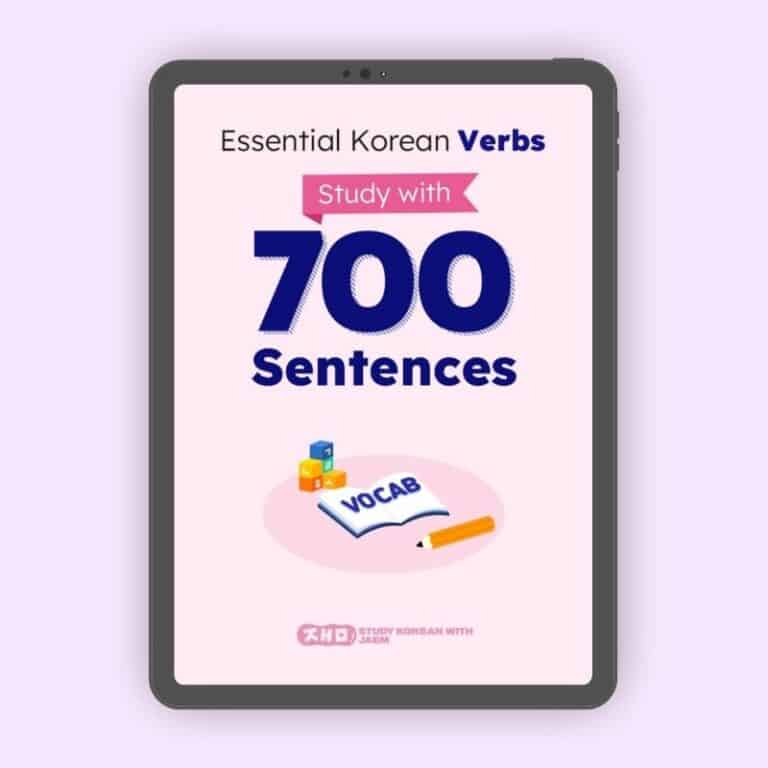
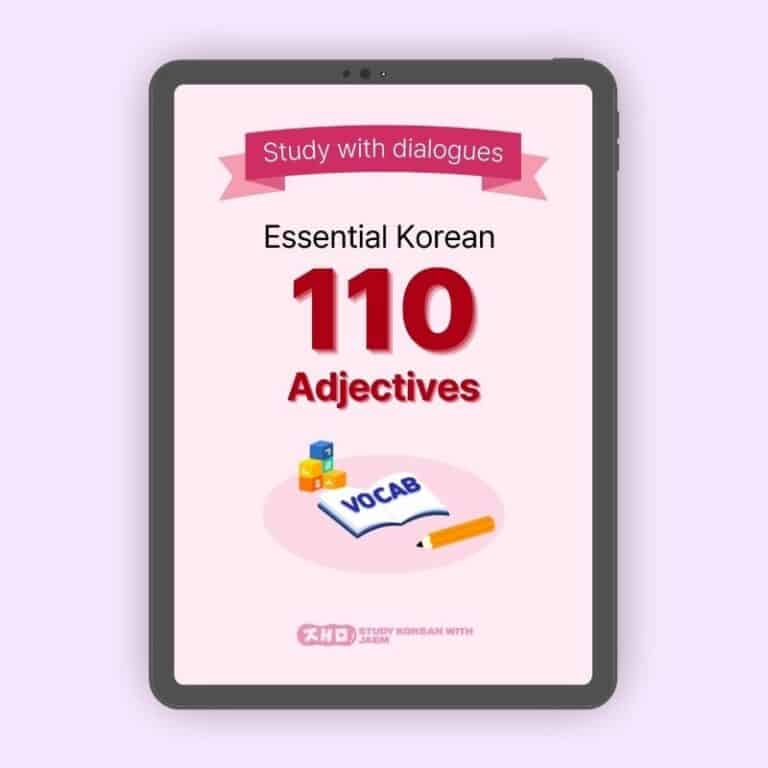

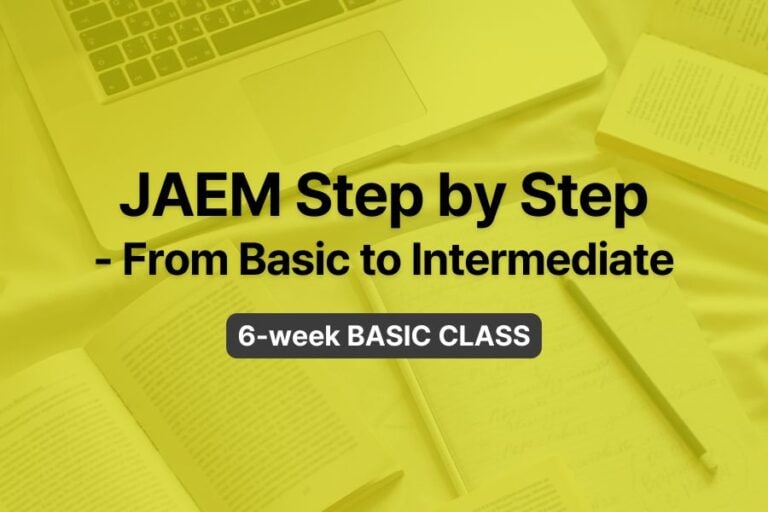
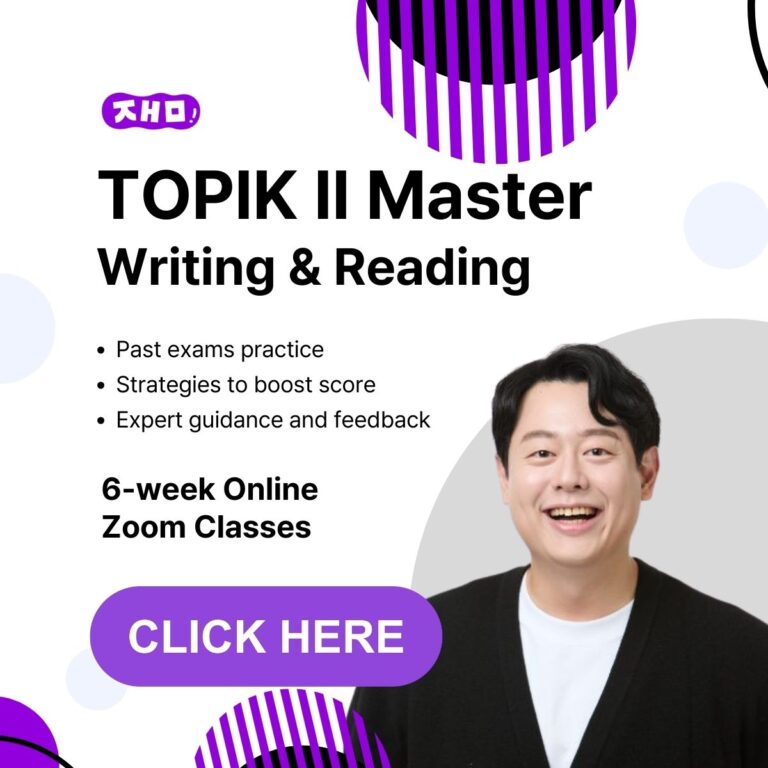
Responses